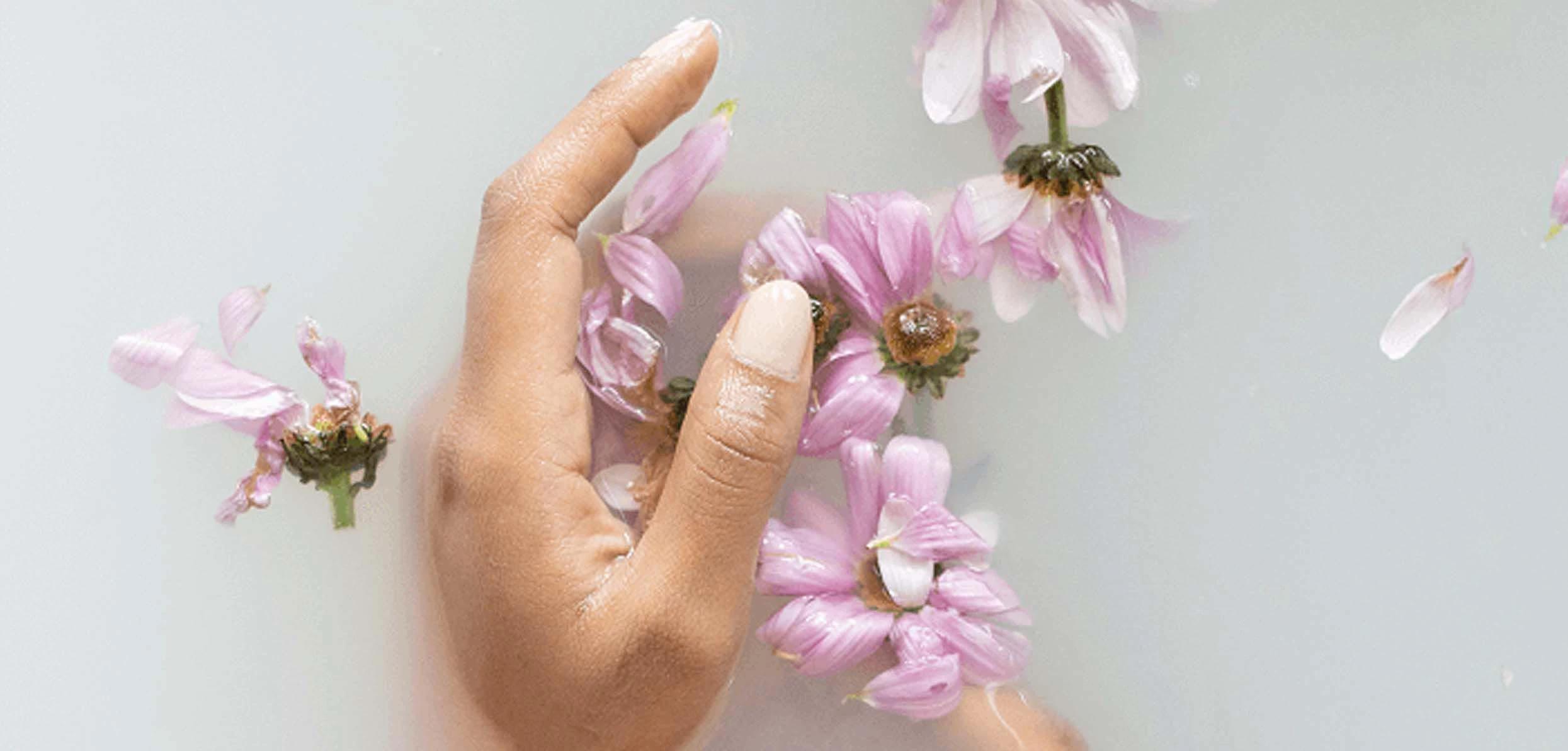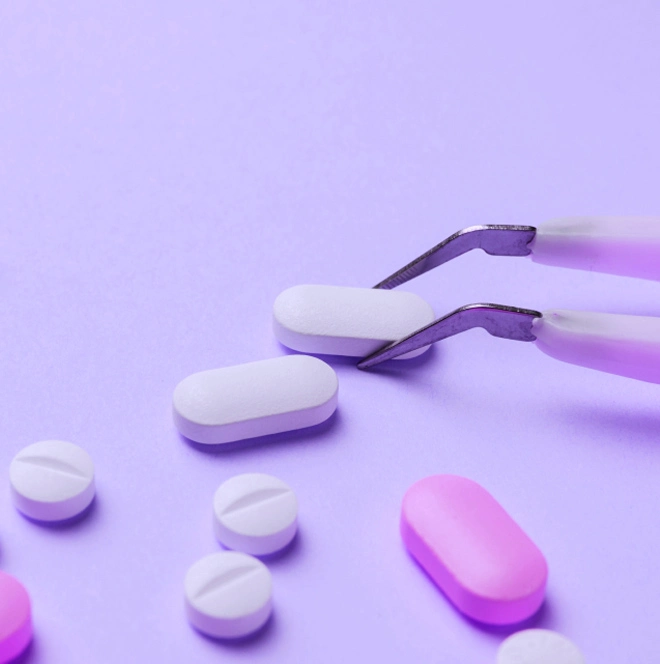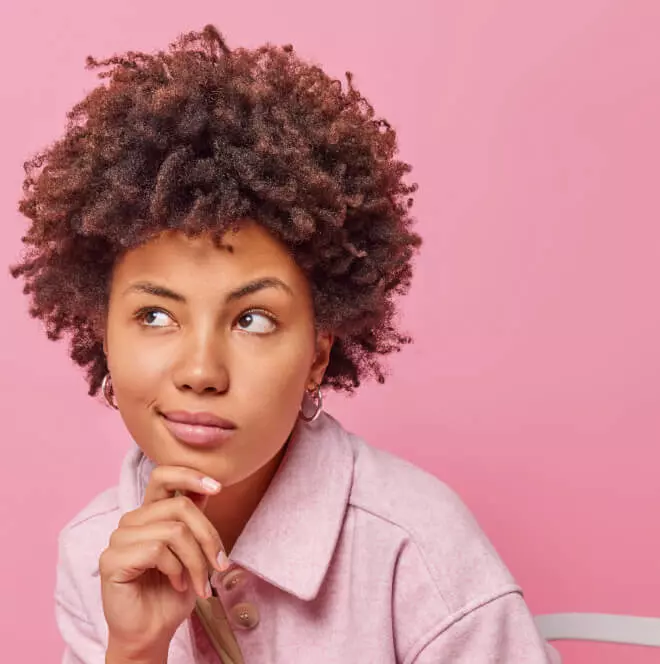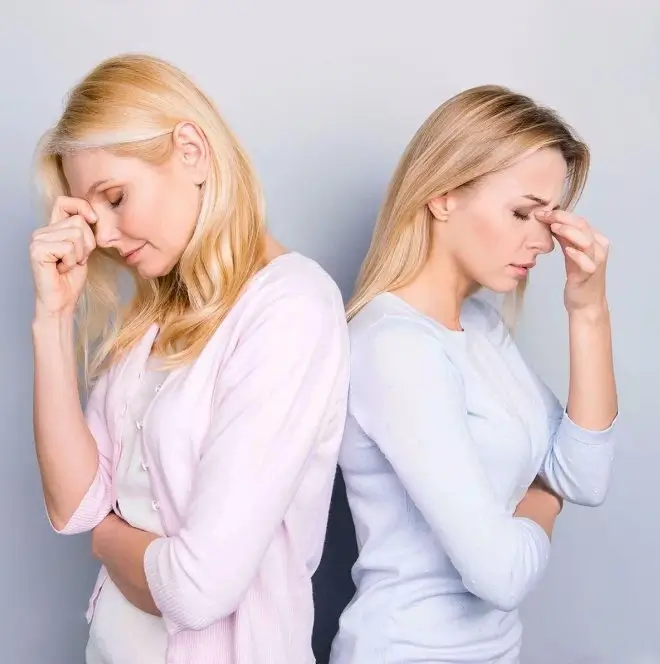
Urinary Tract Infections and Urinary Incontinence
We know it all too well… peeing a little when we cough, sneeze, exercise, or laugh. Although urinary incontinence is common during perimenopause and beyond, it does not have to be an inevitable part of aging and should not be considered normal or simply accepted.
Laughing or sneezing puts extra pressure on your bladder, which can cause what’s called “stress incontinence,” or when you accidentally pee yourself. But why is it so much worse with uti and menopause? It can be partially due to weakened muscles from aging and repeat pregnancies, but decreasing hormones play an important role. Most of the time leakage is a few drops of urine, but it can become a full loss of control. Losing the muscle strength that controls your bladder is not only embarrassing, but it is a medical problem that can be treated.
Although women can experience urinary incontinence (UI) and urinary tract infections (UTI) throughout their lives, the frequency of UTIs and UI tend to occur more often as we age. With age, the hormones estrogen, progesterone, and testosterone decrease and cause real changes in how our urinary tract works and how often infections occur. Leaking urine, or incontinence, is a common symptom of menopause.
Urinary Incontinence
Being afraid to laugh too hard, sneeze, or even lift a heavy object for fear of peeing unexpectedly is common in women over the age of 40. This loss of bladder control can be caused by hormonal changes. The normal decrease in hormones as we age can lead to the pelvic muscles losing their normal strength and can affect the lining of your bladder and urethra.
You may remember having this problem when you were pregnant. Women who are pregnant are likely to have urinary incontinence because the muscles are more relaxed and of course, the size of the fetus pressing on the bladder. It usually resolves itself once the baby is born, but with menopause, it only gets worse if not dealt with.
Several types of urinary incontinence:
Stress Incontinence: loss of urine due to physical pressure on the bladder. The most common symptoms are leakage of urine with coughing, laughing, sneezing, or lifting objects. Stress incontinence is common during perimenopause.
Urgency Incontinence: loss of urine due to an urgent need to urinate (aka “overactive bladder”), which is caused by overly active or irritated bladder muscles. The most common symptom is the frequent and sudden urge to urinate, with occasional leaks
Transient Incontinence: temporary loss of urine due to medication or UTIs.
Why Incontinence with Menopause?
Your bladder sits above your pelvic bones and is supported by your “pelvic floor.” The pelvic floor is less of a floor and more of a ‘sling’ of tendons and muscles that support your internal organs. Think of a hammock of muscles that run between the pubic bone in the front, and stretches back to the tailbone at the back.
A woman’s pelvic floor muscles support her uterus, bladder, and colon. The bladder relaxes and fills with urine throughout the day. If it is working properly, the small opening that opens and closes (your sphincter) to release urine will keep the bladder closed until you can use the bathroom. During pregnancy and then menopause, your pelvic floor muscles will be less able to hold the urine in and the sphincter can open unexpectedly.
With age, and as a woman gets closer to menopause, hormone levels drop steadily. Hormones work to keep your bladder and urethra healthy. Lower levels of estrogen and testosterone can cause pelvic floor muscles to become weak. As these hormone levels continue to drop during menopause, UI symptoms can become worse.
Urge Incontinence is a little different than stress incontinence. Urge incontinence causes women to lose control entirely or too quickly. They might feel the urge to go but are not able to reach a bathroom in time. The relationship between your menopause and bladder results in an overactive bladder, which urges you to pee constantly.
Hormones and Your Bladder and Urethra
Women and men both have urethras. Of course, a man’s urethra is much longer since it has to travel to the end of the penis to release urine. But for both, it is the tube that passes urine from the bladder out of the body. Reduced levels of estrogen starting around menopause can cause a thinning of the lining of the urethra.
The surrounding pelvic muscles may weaken with aging, a process known as “pelvic relaxation.” As a result of the decreased hormones and the weakening muscles, women at midlife and beyond are at increased risk for urinary incontinence, or the involuntary leakage of urine. The main risk factors for developing urinary incontinence are vaginal childbirth and increased age.4
Prescription menopause relief. Delivered.

Sex and Incontinence
Sex is one area where urinary incontinence can be a real problem. Some 25% of women with incontinence experience urinary leakage during intercourse, but it’s likely a much higher number as very few want to discuss it.3 Obviously, this can be embarrassing and can lead them to avoid sex, or maybe they worry so much about leakage that they can’t relax and enjoy sex.
You need not endure problems with urinary incontinence, HRT can be a first step in improving the tone of your pelvic muscles and improving the lining of the urethra. There are also exercises you can do to train and strengthen the pelvic floor muscles called Kegel exercises. Urinating right before intercourse can also be helpful. Incontinence is also a symptom of UTIs.
Other Factors Beyond Menopause
Menopause is not the only consideration when looking for a cause of urinary incontinence. Sometimes it is a symptom of something else. The following problems or situations can increase your risk of UI:3,4
Avoid alcohol, carbonated or caffeinated drinks like coffee, or tea. These beverages fill your bladder quickly and may make you feel like you need to use the bathroom more often. Try drinking more water or decaffeinated drinks.
Avoid drinking in the evenings & limit your beverages at night to avoid frequent trips to the bathroom and leaking.
Eat a high-fiber diet to avoid constipation, which puts added stress on your pelvic floor.
Maintain a healthy weight. We know that extra weight, especially around your abdomen, increases pressure over your bladder.
Infections in the urinary tract can cause UI, but after treatment, it should improve.
Medications like steroids and diuretics.
Nerve damage can interfere with signals from your bladder to your brain and you don’t feel any urge to urinate leading to UI.
Urinary Tract Infections (UTIs)
Although some women sail through menopause with few or no discomforts, the ever-decreasing levels of hormones can cause some pretty difficult symptoms. These can include vaginal dryness, painful intercourse, and chronic urinary tract infections (UTIs). Some menopausal women have occasional UTIs, but others experience chronic UTIs that occur month after month after month and can interfere with the quality of life and sexual enjoyment.
A UTI can occur in any part of your urinary system, including your bladder, kidneys, ureters (tubes between kidneys and bladder), and urethra (the tube that urine exits your bladder and leaves your body).
As estrogen production falls in menopausal women, UTIs can occur more frequently.
There are several reasons for this:
As you age, the vaginal tissue thins, making it more prone to infection.
You may have trouble fully emptying your bladder each time you urinate which can increase the chance of an infection in your bladder.
With less estrogen in your body, bacterial levels can change, allowing infection to set in.
Tips for Preventing UTIs
Drink a lot of water, up to eight glasses per day
Urinate before and after having sex
Wipe from front to back after urination
Wear cotton fabrics and loose-fitting clothes when possible
Change your underwear every day
Solutions for Chronic UTIs
Antibiotics are an excellent treatment that will clear UTIs, but it’s not appropriate to take antibiotics long term, or frequently. More appropriately we should try to avoid getting the UTI in the first place. There are a couple of things that you can do to reduce the incidence of menopause-related UTIs:
Lifestyle changes: You can lower your risk of developing a UTI by making important lifestyle changes each day. For example, drinking plenty of water helps flush some harmful bacteria out of your urinary tract. Going to the bathroom whenever you get the urge and allowing your bladder to empty as fully as possible can also remove bacteria from your urinary tract. In addition, some women find that drinking cranberry juice or taking daily cranberry supplements helps ward off UTIs.
Vaginal estrogen cream can restore hormone levels in your vagina. This helps prevent UTIs because vaginal estrogen supports the “good” bacteria that help keep “bad” infection-causing bacteria in check. Vaginal estrogen is available as twice-weekly creams
“This article is for informational purposes only and does not constitute medical advice. The information contained herein is not a substitute for professional medical advice. Always talk to your doctor about the risks and benefits of any treatment.”
Age beautifully. Goodbye getting old.

Summary
At Winona, we understand how hard it can be to cope with menopause-related symptoms. That’s why we offer a full range of symptom treatment options on our online platform, available 24/7, with licensed physicians providing prescription FDA-approved medications.
References:



